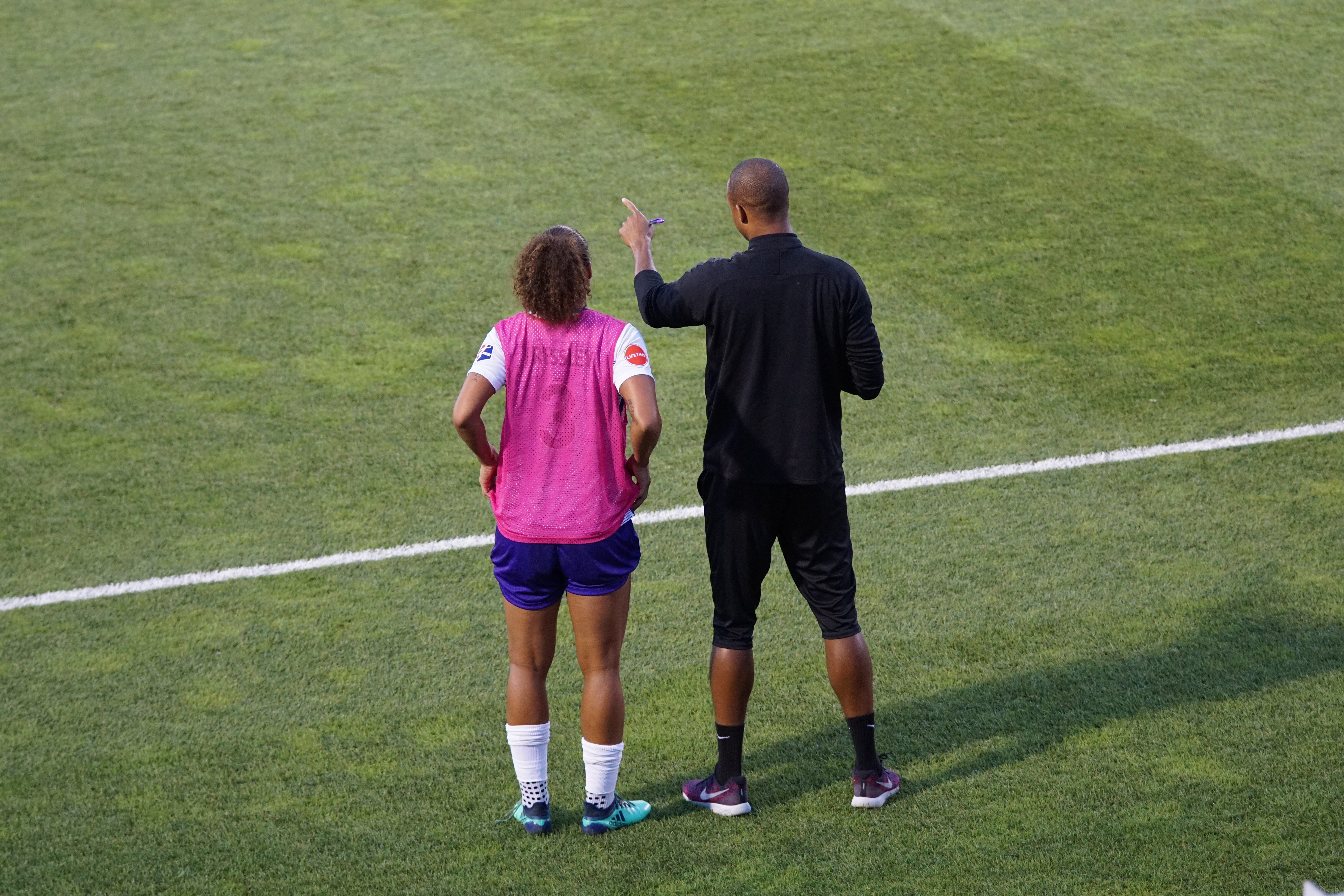To Coach, or Not to Coach: Is it an automatic?
For many of us, a transition from competition to coaching is nearly expected of athletes once they end their competitive career. For some, this is a natural way to use our experiences and knowledge of a sport in a very rewarding way. For others, coaching is more of a cathartic means of prolonging the rewarding sides of our competitive days. As is the case with most career and life decisions, the key is to go into a decision with awareness of the reality of that outcome, and a knowledge of how we personally will react to the new circumstances.
So, what factors need to be considered by competitors looking to coach when they are finished competing themselves? of the decision to coach or not?
First, we can not ignore the fact that coaching is NOT the same as competing. They are (obviously) related closely, but the experiences are quite different. Coaching is a way to remain connected to our sport and to the world of competing, but it is a vastly different WAY to compete. This means that people looking for the same experience in coaching that they had in competing can find the change frustrating, in that they are in close proximity to competitors without actually being able to compete themselves. It’s helpful to go into the experience knowing this up front, and mentally/emotionally preparing for that possible reaction.
Coaching can be a very rewarding outlet, particularly where athletes bring an advanced level of knowledge to the process from their higher level of experience. Taking on the role of mentor for newer athletes can be quite fulfilling, given a positive environment. That said, with that higher level of performance, comes a demand for a level of patience with athletes who do not have the same level of skill or knowledge. That demands that former competitors come to coaching with patience. Not all athletes have the same drive or natural ability, and healthy expectations can be a key to a fulfilling transition to coaching.
Another factor to consider would be how we are experiencing this transition, and how that impacts our own exposure to the sport itself. For some, remaining so close to a sport that meant so much to you, and not being able to participate actively can actually be a very challenging thing. Like most things, this is a very personal decision.
So, we turn to our discussion in order to see what we have in common, and what we see differently. Focus questions for this topic:
- Is coaching a viable way to continue on with your competitive career?
- What should competitors know before going into coaching, in order to make the transition smoother?
- What are the right reasons to coach, and what are some of the pitfalls?
